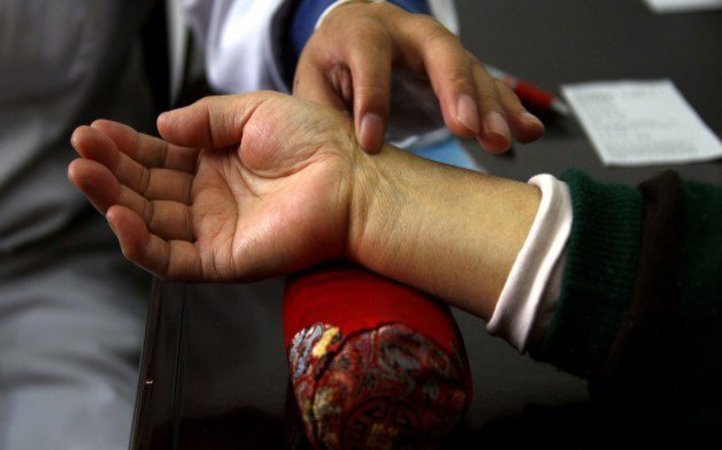As per government reports close to 1.4 lakh people die in road accidents every year in India, and these reports also suggest that the number of casualties could have been half, if many of these people were taken to the hospital on time.
While there are people who come forward to help, the reluctance or sheer refusal of people to help someone badly injured in an accident has surfaced in several horrifying incidents. But it is the trouble that a good Samaritan can face in the aftermath of such an incident is what contributes a lot to this public apathy.

To ensure that such responsible civilians are not subjected to harassment or legal hassles, Delhi’s road transport ministry has decided to notify Standard Operating Procedure (SOP) to protect bystanders, following an order from the Supreme Court to take steps for making the guidelines binding on authorities.
The case for making the SOP legally binding was filed by an NGO called Savelife Foundation, which said that although the government introduced it last year, it was not effective since it wasn’t binding. They also said that a Supreme Court order for authorities to follow guidelines will help, as reported by The Times Of India.

The SOP clearly states, how people who volunteer as witnesses in courts or bring injured people to hospitals, are to be treated. It says that people can leave hospitals immediately after providing their address without any questions, and those calling the police will not be compelled to provide their name.
Most importantly the SOP has a provision for disciplinary action to be taken against any official who intimidates a good Samaritan to reveal his/her personal details.
All images sourced from Reuters

















